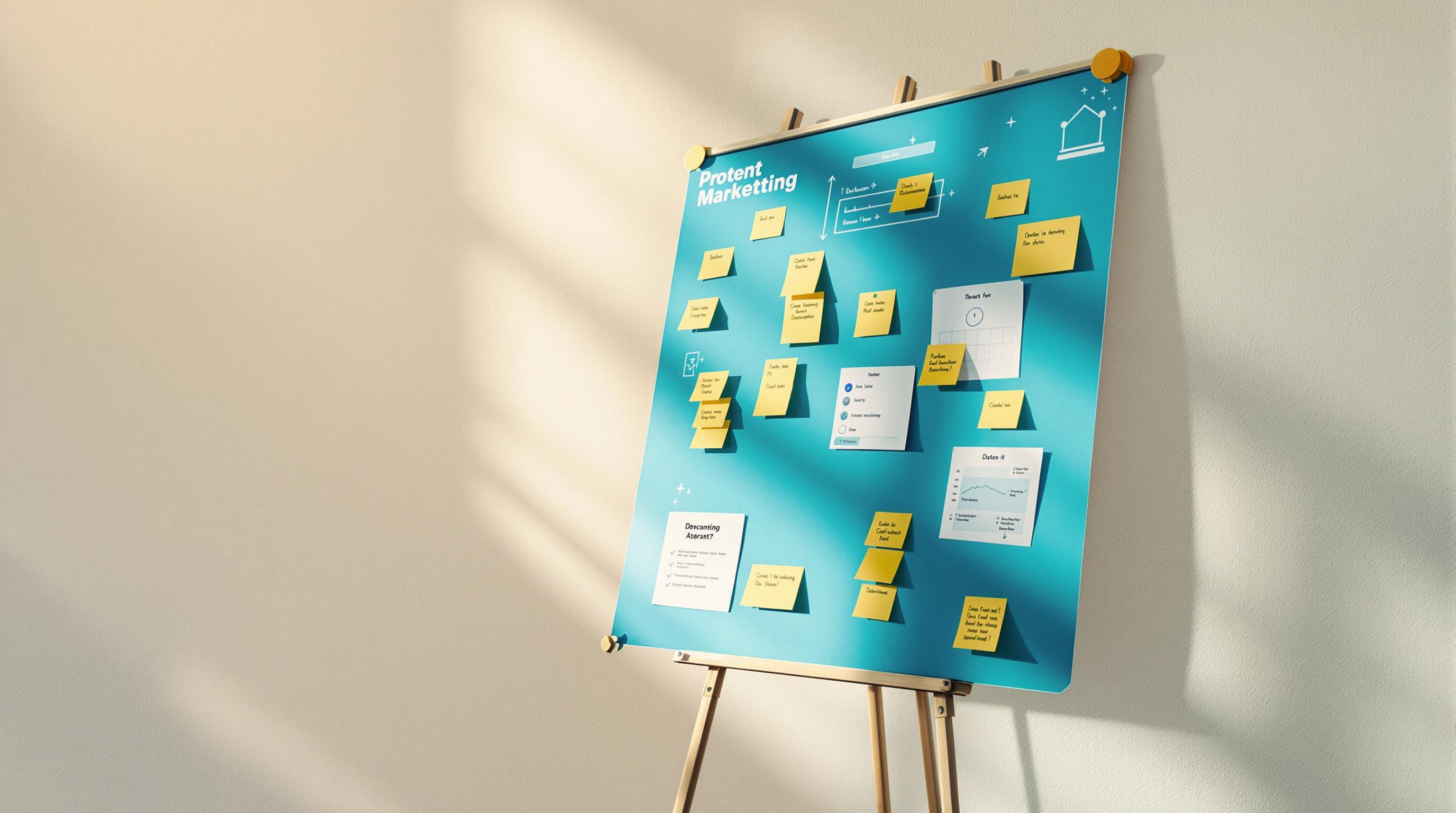top of page
Our Expertise
What are WE doing?
MARKETING
Marketing
Communication
Digital Marketing
Pricing
CRM
STRATEGY
Strategy
Business Plan
Commercial
Expansion
Internationalisation
INTERNAL
Internal
Employer Branding
Communication
Satisfaction
RESEARCH
Research
Consumer
Competition
Best Practices
Client Success Stories
Our clients have showed remarkable satisfaction with our strategic marketing solutions. Here's what they have to say:
"We had a very straight forward cooperation and the input given by NOMA was exactly what we were looking for. The results are going to be studied by our Marketing Department and we'll implement a lot of recommendations.
I think it's very interesting to have this kind of cooperation because it gives a fresh approach to everyday challenges of brand and corporations. Specially when you look into future trends."
Porsche Ibérica SA
"NOMA exceeded our expectations, and your commitment to embracing the challenge was clear... You brought us plenty of ideas, some helped validate our plans, other we will be able to implement in the short term, and even those we won't implement will help us learn and build stronger plans for the future."
Ricardo Pereira, Marketing Director at Delta Cafés
"The experience with NOMA couldn't have been better. The team that accompanied us was committed to the project and did their best. The proposals presented are extremely important and valuable for our organisation."
Inês Moirinha from Associação PREVENIR

We want to get to know you
Get in touch with us!
bottom of page












